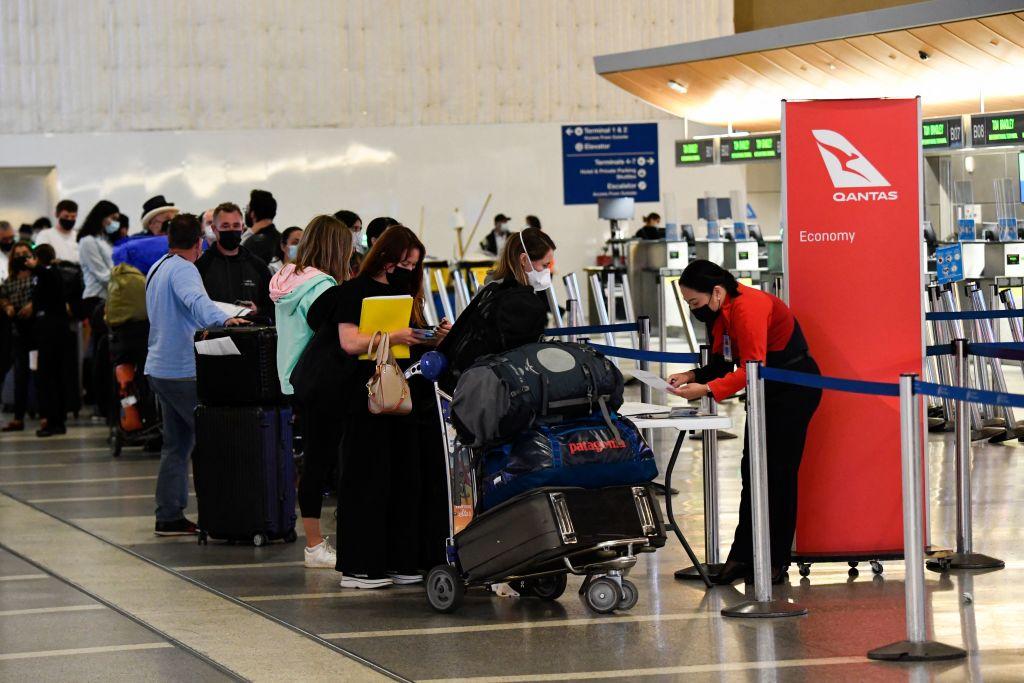Closed international borders due to the COVID-19 pandemic and a plunge in skilled migration have resulted in a loss of $32 billion (US$22.9 billion) to the Australian economy as 380,000 fewer people had entered the labour force, a new study found.
The joint study by RMIT Online and Deloitte Access Economics also pointed out that the Australian economy could have enjoyed an additional growth of $148 billion (US$106 billion) had the pandemic not existed.





